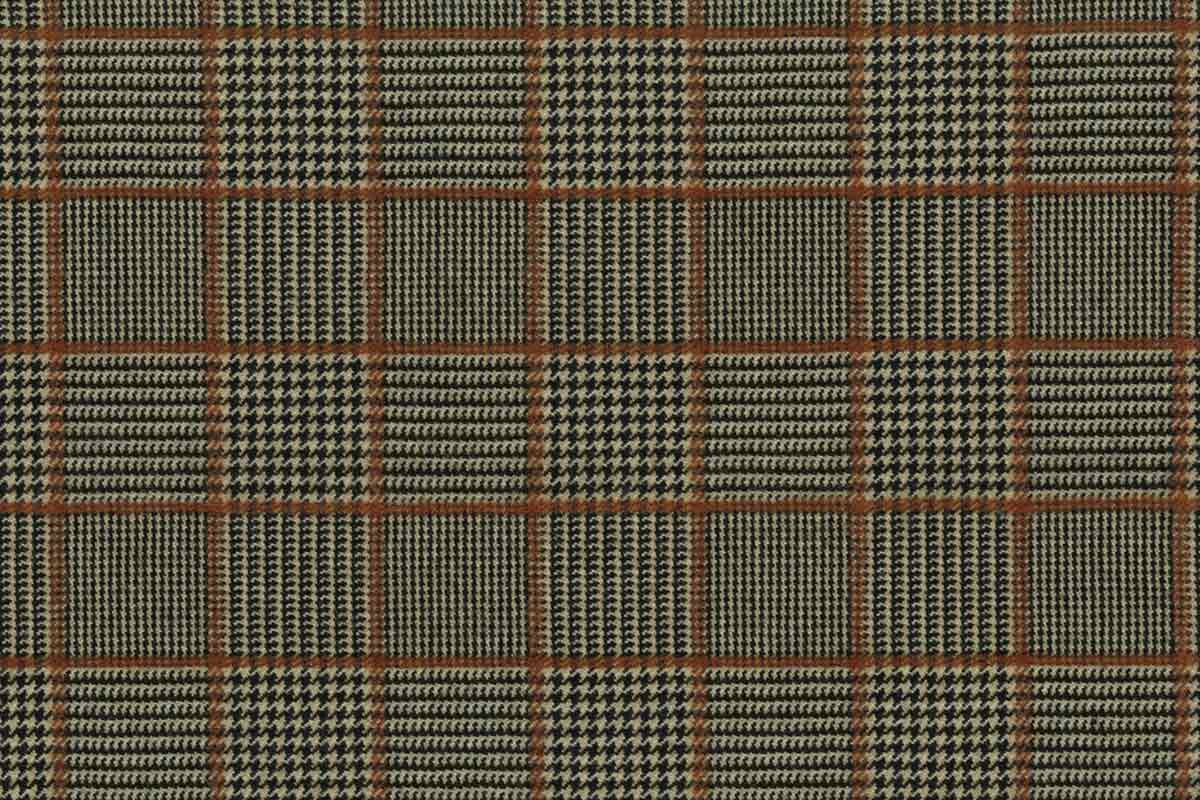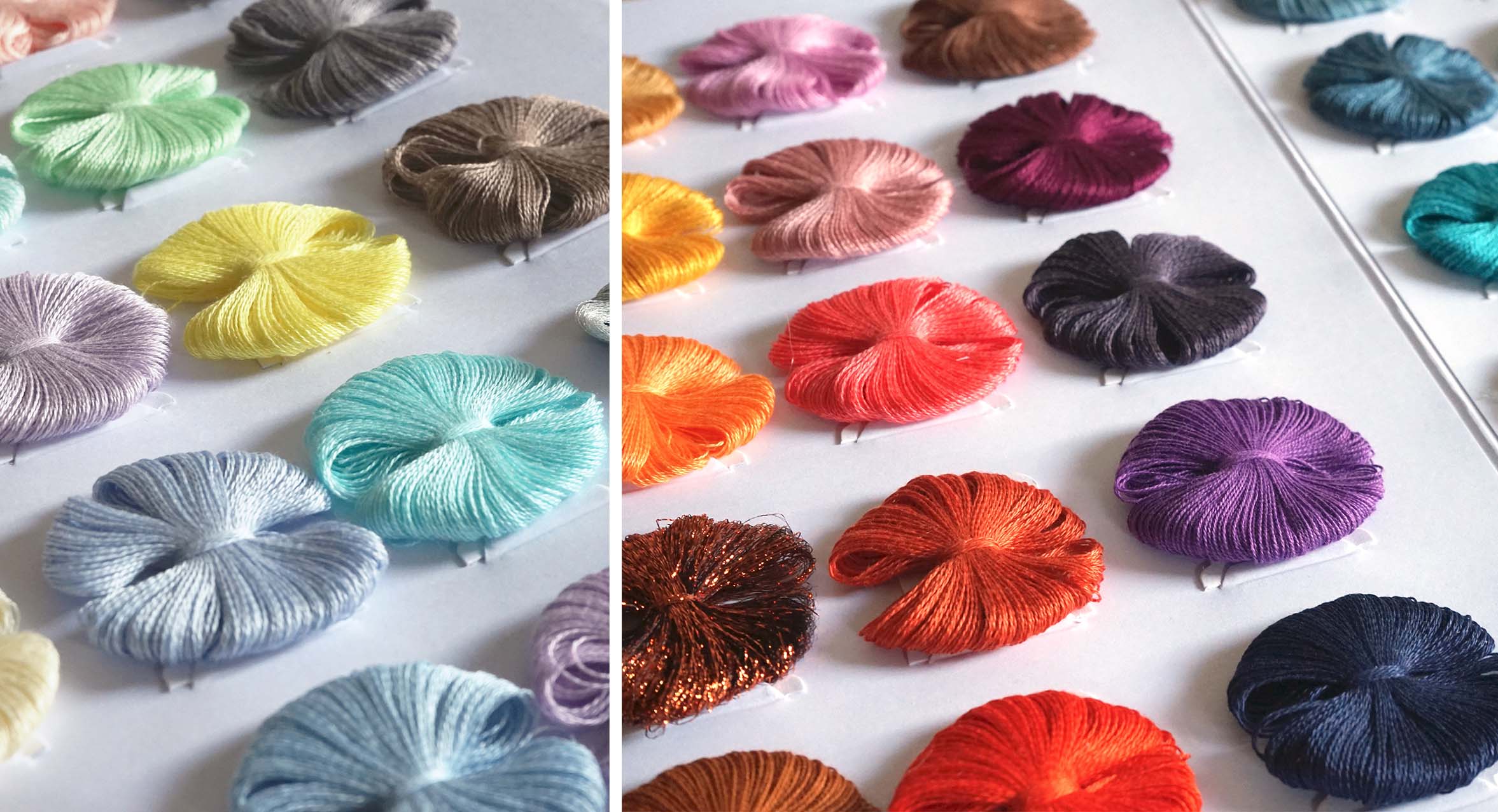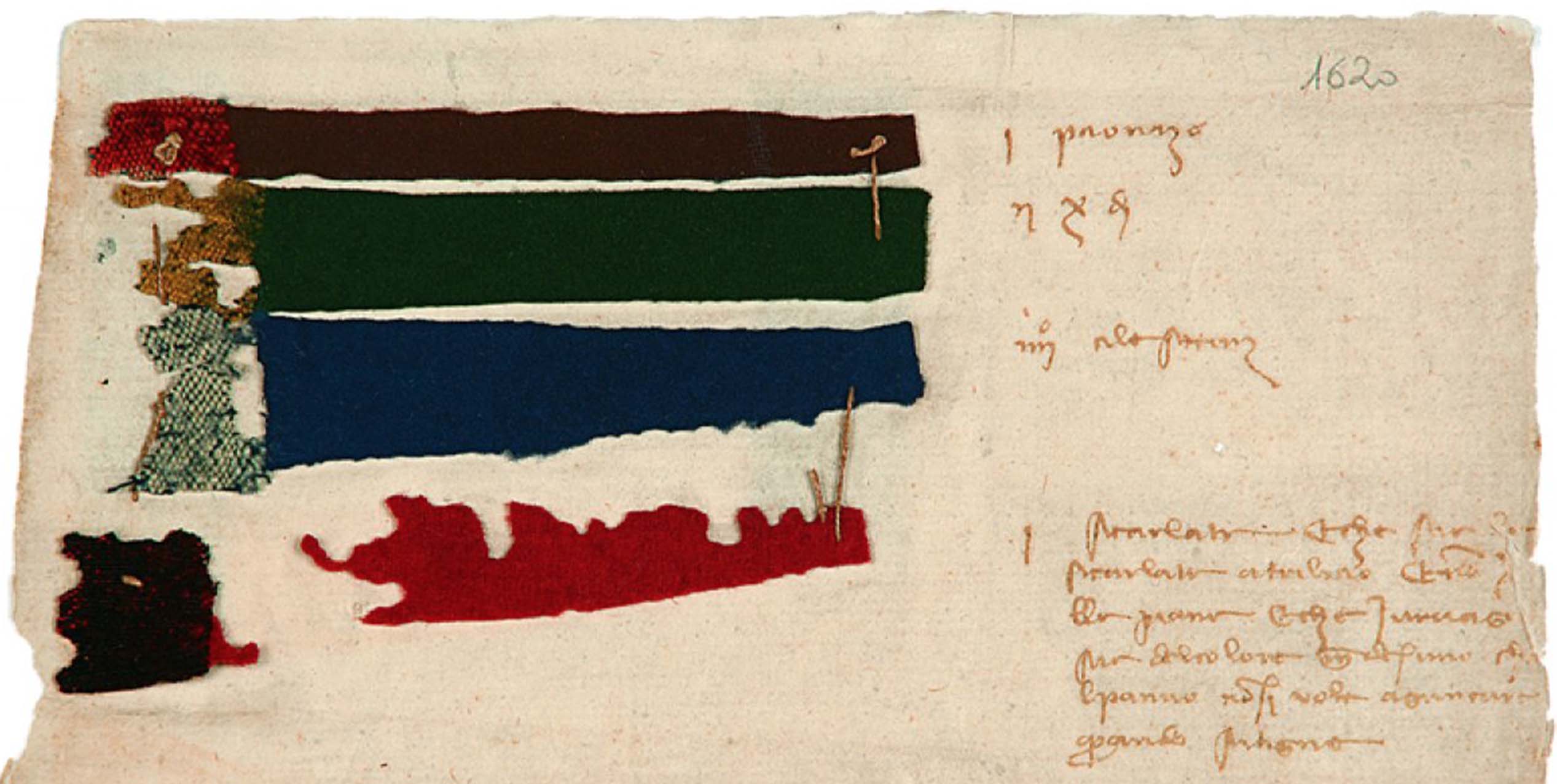BOOKS – REVIEW
Lauren Bravo
HOW TO BREAK UP WITH FAST FASHION
How to Break Up with Fast Fashion
A guilt -free guide to changing the way you shop- for good
Protests make us creative:
Communicating textiles from a new point of view
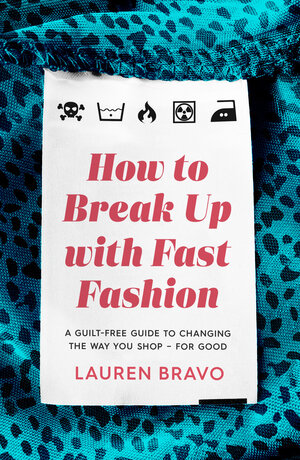 Protest against fast-fashion forces us to be creative. Lauren Bravo explains the reasons for the latest stop-buying trend.
Protest against fast-fashion forces us to be creative. Lauren Bravo explains the reasons for the latest stop-buying trend.
It may seem a paradox, but Bravo’s book offers food for thought to textile manufacturers . It forces them to change the way they communicate their collections. Sustainability comes out of the factories and spread throughout personal actions and moral behaviour of people that choose to buy or not to buy anymore.
This means that besides certifications for environmental impact, we will have to provide ethical guarantee:s who made this fabric? What about the working conditions? And what about quality ?How long this fabric is go-ing to last?
Paradoxically, we already have all these guarantees, at least in Europe – we just need to tell them clearly.
20 Ways to Stop Buying New Clothes (for good)
Mixing up Marie Kondo’s rules for tidying up and Fashion Revolution’s ac-tivism, Lauren Bravo writes a manual to detox from fast fashion addiction. 20 golden rules summed up in an article on the Guardian. (July 2020)
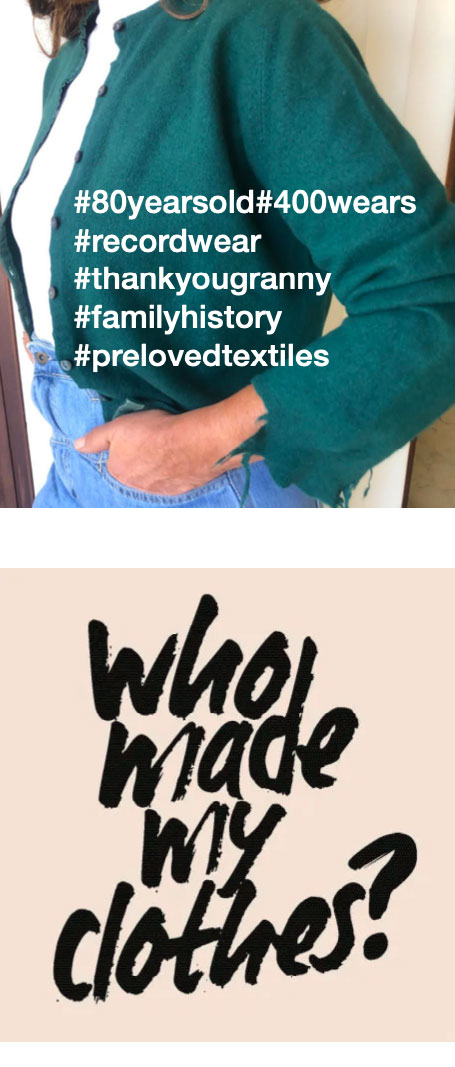
1. Have a clear out;
2. Play dress-up
3. Learn from your mistakes
4. Wear and repeat with pride
5. Aim for #30Wears
6. Order, order
7. Become a borrower
8. Go #Secondhandfirst
9. Get stitching
10. Make new and mend
11. Give vintage a chance
12. Rescue the rejects
13. Swap, don’t shop
14. Call your agent
15. Just stop shopping
16. Remove temptation
17. Shop small
18. Do your homework
19. Switch to pre-order
20. Ask #Whomademyclothes?
Bravo also suggests unsubscribing from all the fashion related mailing lists and editing our social media feeds and recommends to swap the ac-counts that make one want to shop to those who are into slow fashion.
Is it really necessary to break up with Fast Fashion?
Personally speaking, I am not totally against fast fashion, a lot of times I praised Mr. Ortega. Establishing Zara he made fashion democratic and accessible to (nearly) all women, he also created jobs for lots of people.
 Some of Bravo’s detox rules already belong to womens’common sense: on the other hand, I cannot see for all of us a future as Scarlett ‘O Hara: her green dress made by curtains belongs to Gone with the Wind, not to real life.
Some of Bravo’s detox rules already belong to womens’common sense: on the other hand, I cannot see for all of us a future as Scarlett ‘O Hara: her green dress made by curtains belongs to Gone with the Wind, not to real life.
Time is our biggest luxury and we always have too little of it. For women who work and run a family, many of the rules are too time consuming. Practising sustainability has to be sustainable, otherwise, we will give up.
How to respond to Fashion Revolution’s hashtags
#30Wears #WhoMadeMyClothes
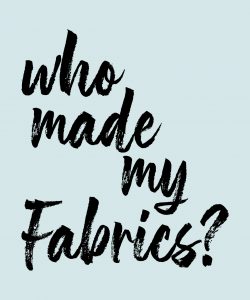 Internet spread at dizzying speed ideas and new ways of activism: the ex-pansion of the Fashion Revolution movement is an example. Its demands for transparency in the clothing textile industry, along with compliance with ethical and environmental standards, have become a common belief for thousands of activists all around the world.
Internet spread at dizzying speed ideas and new ways of activism: the ex-pansion of the Fashion Revolution movement is an example. Its demands for transparency in the clothing textile industry, along with compliance with ethical and environmental standards, have become a common belief for thousands of activists all around the world.
If the most sustainable dress is the one we already own, and we commit to wear it at least 30 times, it becomes vital for the cloth-ing industry to provide a long-lasting product. It is a reputation gain: #KeepMeWithYou
Moreover, not all the things we like are “good”, often behind a garment there is the work of a slave, even a child. Nobody wants to buy a dress made by a 9-years-old slave.
#WhoMadeMyClothes must turn into a precise response.
Thus the hashtag #WhoMadeMyFabrics could become a qualifying label that also allows us to communicate the identity, the welfare, the ethical values of the authentically virtuous companies.
It’s not an easy issue!
Bravo honestly recognizes that ‘’Between balancing environmental impact and human rights, spending more but buying less but still keeping garment workers in (fairly paid) jobs, the whole business of ethical shopping can start to feel a bit like that puzzle where you have to get a wolf, a chicken and a bag of corn across a river“.
It is really a complex issue: economy and ecology come from the Greek Oikos, “home”. Right now the most creative economy is the one suggested by Pope Francis (!): “one that brings life not death, one that is inclusive and not exclusive, humane and not dehumanizing, one that cares for the environment and does not despoil it“.
All of us must take responsibility for our shared Home, not as owners but like keepers. There can be no environmental justice without social justice.
Good work!




